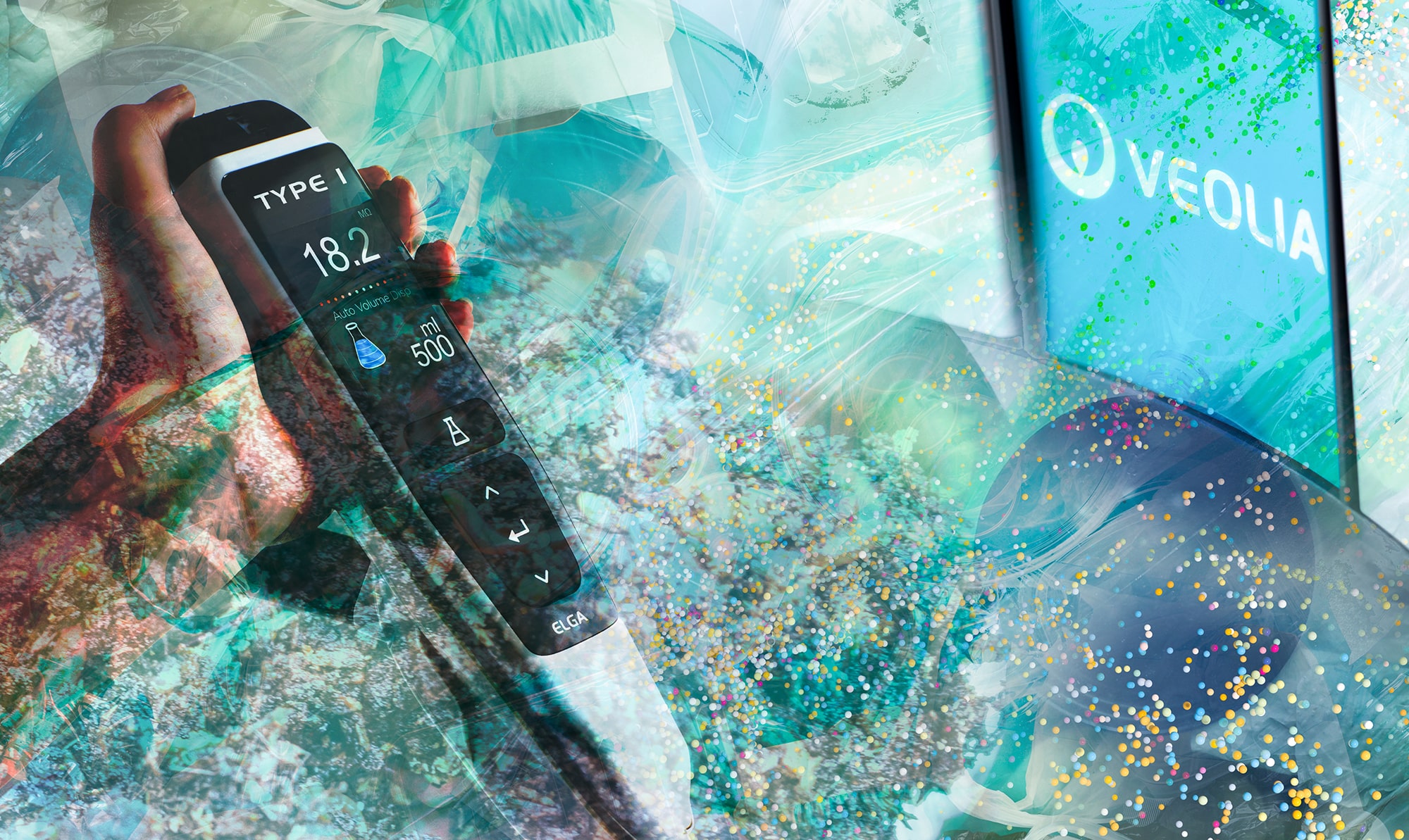Compostable bags: friend or foe?
15 Ago 2022
 Researchers detect long-lived biodegradable plastic residues – or microplastics - in agricultural fertilisers produced by industrial biowaste treatment facilities.
Researchers detect long-lived biodegradable plastic residues – or microplastics - in agricultural fertilisers produced by industrial biowaste treatment facilities.
Biodegradable plastics (BDP) are increasingly proposed as environmentally friendly alternatives to conventional plastics for foils, wrappings and bags. For instance, compostable plastic bags offer an attractive option for the collection of organic household waste, particularly as the conditions at an industrial biowaste facility should be ideal for their breakdown.
Compostable materials are made of organic materials that decompose (‘mineralise’) with the help of microorganisms, either in the presence or absence of oxygen, to completely break down into compost without producing toxic residues. BDPs are expected to mineralise easily, in particular under the optimal conditions of technical composting.
If mineralisation is incomplete, microparticle residues may be released into the environment that could persist for many years – with potentially harmful effects on ecosystems and human health. But studies investigating the fate of BDP under realistic conditions are still rare, particularly those looking at fragments <2 mm.
Compost analysis
In a new study, published in Scientific Reports, researchers analysed composts and liquid fertilisers produced by industrial organic waste treatment plants for residues of BDP.1
The researchers collected compost samples from four municipal biowaste facilities in Baden-Wurttemberg, Germany. All plants used a state-of-the-art two-stage treatment process comprising anaerobic digestion followed by composting to produce a mature solid compost sold as a fertiliser for agriculture and gardening. Two plants also produce liquid fertilizer, which is separated from the digested material at the end of the first stage.
Composts were suspended in water and then passed consecutively through two sieves with mesh sizes of 5 mm and 1 mm, yielding two preparations for fragment analysis using attenuated total reflectance-Fourier transform infrared (ATR-FTIR) spectroscopy.
The team used deionized water generated from a ELGA PURELAB® laboratory water purification system, minimising the risk of contamination with particles during sample preparation.
Counting microplastics
The team found BDP fragments >1 mm in significant numbers in the final solid composts intended as a fertiliser. They also identified differences in material properties of these recovered BDP fragments compared to pristine compostable bags – which potentially render them less prone to further biodegradation.
The researchers also extracted BDP fragments <1 mm in bulk, which came up to 0.43 wt% (total mass concentration) per unit of dried compost.
Finally, they also found that liquid fertilizer samples produced during anaerobic treatment contained several thousand BDP fragments <500 µm per litre.
A potential hazard
This study questions whether currently available compostable plastic bags are compatible in areas of environmental relevance, such as in fertiliser production from biowaste treatment plants. The use of these materials could contribute to the contamination of the environment with residues of biodegradable plastics with putative higher persistence potential.
Further research is now warranted to investigate the mechanisms and kinetics of BDP breakdown under the conditions of industrial biowaste treatment - before the widespread use of these materials as presumed eco-friendly alternatives to conventional plastics is endorsed.
Why choose ELGA LabWater
ELGA has been a trusted name in pure and ultrapure water since 1937. Our dedication to ultrapure and pure water is a guarantee that we will continue to provide the best solutions with the best service.
Reference:
- Steiner T, Zhang Y, Möller JN, Agarwal S, Löder MGJ, Greiner A, Laforsch C, Freitag R. Municipal biowaste treatment plants contribute to the contamination of the environment with residues of biodegradable plastics with putative higher persistence potential. Sci Rep. 2022;12(1):9021. doi: 10.1038/s41598-022-12912-z
Dr Alison Halliday
After completing an undergraduate degree in Biochemistry & Genetics at Sheffield University, Alison was awarded a PhD in Human Molecular Genetics at the University of Newcastle. She carried out five years as a Senior Postdoctoral Research Fellow at UCL, investigating the genes involved in childhood obesity syndrome. Moving into science communications, she spent ten years at Cancer Research UK engaging the public about the charity’s work. She now specialises in writing about research across the life sciences, medicine and health.
